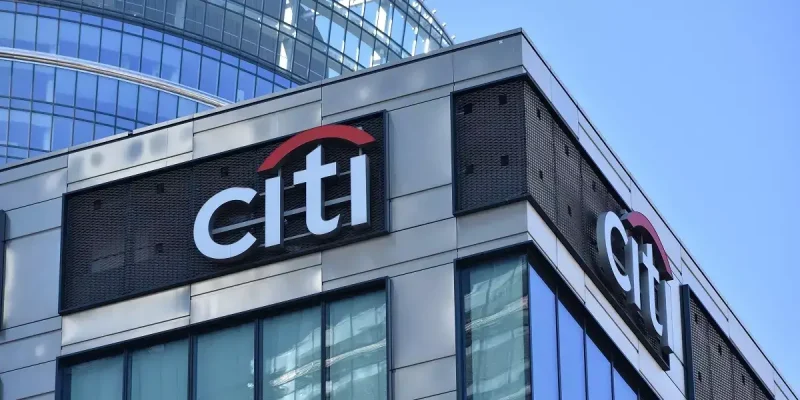Citigroup, the $1.7 trillion financial powerhouse, is gearing up to introduce cryptocurrency and digital asset custody services. This strategic move aligns with recent U.S. regulatory changes, signaling the bank’s intent to serve as a vital bridge between traditional finance and the fast-growing digital asset economy.
A Strategic Shift Toward Digital Assets
According to Reuters, Citi plans to focus on custodial services for “high-quality assets” that back stablecoins—such as U.S. Treasuries and cash reserves—following new legislation that mandates stricter reserve standards. The bank is also exploring custody solutions for digital assets that underpin cryptocurrency ETFs, a market that has rapidly expanded since the SEC approved spot Bitcoin ETFs in the United States.
Citi’s treasury and services division, which manages payments, liquidity, and cash flow for large clients, sits at the heart of its crypto ambitions. Biswarup Chatterjee, Citi’s Global Head of Partnerships & Innovation, noted that the firm is actively discussing potential applications with institutional clients, including crypto custody, tokenized deposits, and cross-border stablecoin conversions.
Regulation Opens New Doors for Traditional Banks
For years, most major banks avoided offering crypto custody services due to regulatory barriers like the SEC’s Staff Accounting Bulletin No. 121 (SAB 121), which made such offerings operationally and financially challenging. However, with recent policy shifts and new legislation easing these restrictions, established players such as Citi and State Street are now stepping into the crypto custody arena.
While Citi has not disclosed a specific launch date, industry reports suggest the bank could roll out its crypto custody services by 2026. If so, Citi would compete directly with existing crypto-native custodians like Coinbase, which currently manages over 80% of ETF-related digital asset custody.
What This Means for the Financial Industry
Citi’s planned entry into crypto custody underscores a growing recognition across Wall Street that digital assets are no longer a niche innovation but an integral part of future financial infrastructure. The bank’s credibility, scale, and regulatory track record may position it as a trusted provider for institutions seeking secure digital asset management.
Nevertheless, challenges remain. Citi will need to navigate complex regulatory environments across jurisdictions, manage technology and operational risks, and demonstrate reliability in a sector dominated by crypto-native firms. Observers are now watching to see how quickly the bank transitions from exploration to implementation—and whether its move helps make digital asset custody a mainstream offering within global banking.
